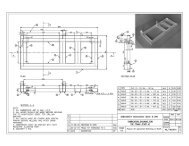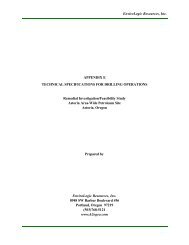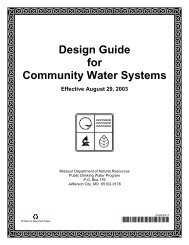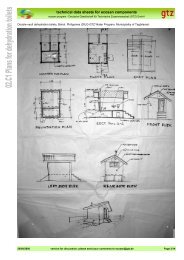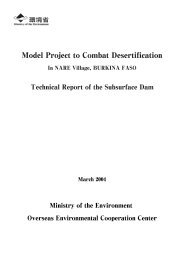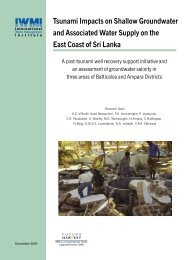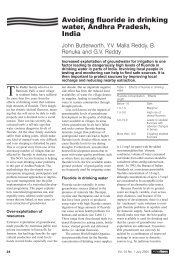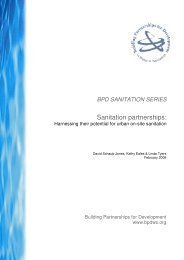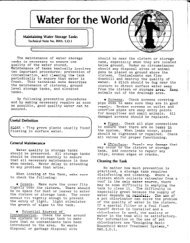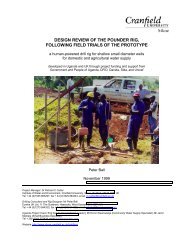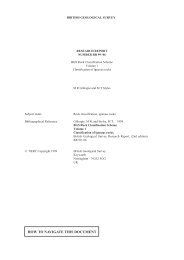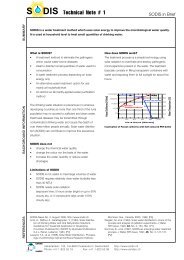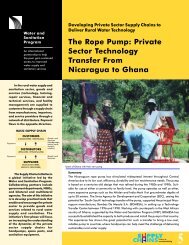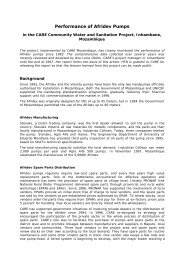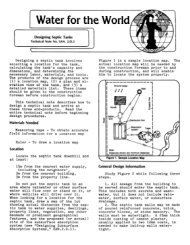Marketing Compost (EAWAG) - The Water, Sanitation and Hygiene
Marketing Compost (EAWAG) - The Water, Sanitation and Hygiene
Marketing Compost (EAWAG) - The Water, Sanitation and Hygiene
Create successful ePaper yourself
Turn your PDF publications into a flip-book with our unique Google optimized e-Paper software.
What do you need to work on to improve the reputation of your company over<br />
another<br />
Information <strong>and</strong> education<br />
Section 2.3 presented <strong>and</strong> discussed some of the key barriers to using compost.<br />
Some were practical issues (e. g. transport costs), but most related to<br />
people’s attitudes, knowledge <strong>and</strong> perceptions such as:<br />
lack of awareness;<br />
lack of information; <strong>and</strong><br />
misunderst<strong>and</strong>ings about compost (e. g. its nutrient value).<br />
<strong>The</strong> following case study illustrates these misperceptions in Tanzania.<br />
Identifying the need for information in Tanzania<br />
A market survey in Tanzania asked farmers <strong>and</strong> gardeners what they felt they<br />
needed in order to use compost in the future. <strong>The</strong>ir responses included:<br />
access to compost;<br />
cheaper prices <strong>and</strong> loans; <strong>and</strong><br />
technical advice on how to use compost.<br />
<strong>The</strong> last point is particularly relevant to promotion. <strong>The</strong> report goes on to<br />
describe the confusion over exactly what compost is <strong>and</strong> does.<br />
More than 50 per cent of the farmers understood compost to be a fertiliser;<br />
simply something to be added to the soil for better plant growth <strong>and</strong><br />
yield. This can be explained in part by the common confusion between the<br />
words fertiliser, manure <strong>and</strong> compost. Only 14 per cent regarded it to be<br />
a soil conditioner, <strong>and</strong> some understood it to be simply ‘any decomposing<br />
organic material’.<br />
30 per cent of the individual farmers did not know what compost was or<br />
what materials were used in producing compost. 60 per cent of the farmers<br />
said they did not know how to use the compost, <strong>and</strong> many did not<br />
know how much to use.<br />
Adapted from Eawag/S<strong>and</strong>ec, 2002<br />
In such cases, promotion must go beyond a mere exchange of information.<br />
If farmers have not even heard of compost, training sessions for farmers or<br />
demonstration plots may be necessary for winning their confidence. Such<br />
activities can be used to challenge attitudes <strong>and</strong> perceptions that hinder the<br />
84 <strong>Marketing</strong> <strong>Compost</strong>—Key principles of promotion



